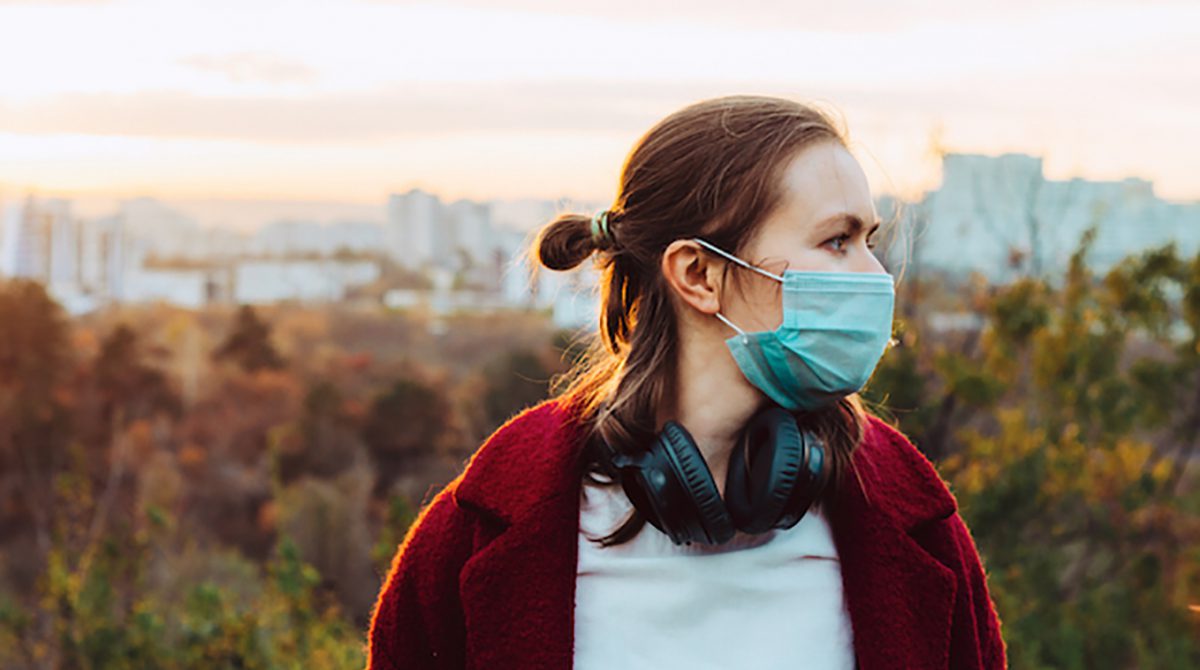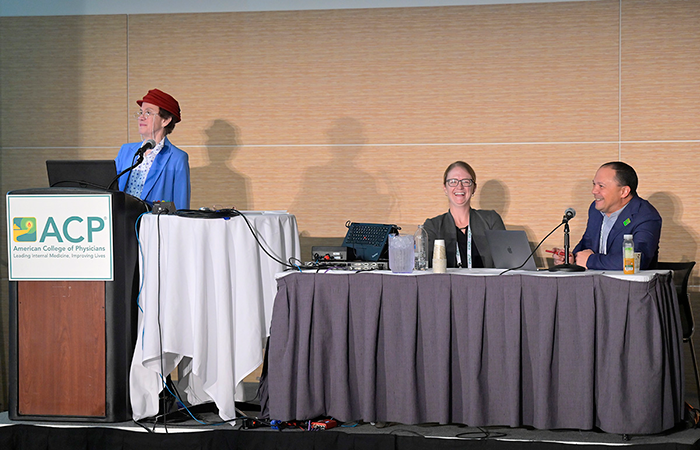On January 12, while reporting on the impact of COVID-19 or the coronavirus pandemic on communities of color, CNN Correspondent Sara Sidner cried on live television. That day, she had attended a funeral held in a parking lot where Juliana Jimenez Sesma grieved the loss of her mother to COVID-19. Her stepfather had died 11 days earlier from the virus. “I’m sorry,” Sidner said through tears. “It’s really hard to take.”
A departure from the stoic delivery we’ve come to expect from the news, Sidner’s reaction is hardly surprising and completely understandable. As of January 22, the United States has endured more than 406,000 deaths from COVID-19. Our life expectancy has shortened (even more so for Black and Latinx populations). For nearly a year, our lives have been completely upended and almost everyone has been affected in some way by the heaviness of job loss, food insecurity, income disruptions, caregiving, sickness, fear, anxiety, isolation, and/or death.
Strategies to Manage Your Mental Health During COVID
The University of Vermont recently hosted a free community webinar, COVID-19: Strategies for Managing Your Mental Health, where UVM Robert Larner College of Medicine’s Jan Carney, M.D., MPH, COVID Support VT’s Catherine Burns, Ph.D., and M.D. candidate Michael Nilo discussed the effects of the pandemic on our mental health, as well as resources and strategies to manage while the pandemic persists.
“This is ongoing, and it’s really affecting all of us,” Burns said. “This pandemic has had the unbelievable ability to exacerbate and intensify disparities that already existed and it’s emphasizing the risks that we see to our overall health and mental health.”
Food Insecurity During the COVID-19 Pandemic
Referring to the pandemic as “a marathon, not a sprint,” Nilo spoke on the complicating stressor many individuals and families are facing throughout the pandemic—food insecurity. According to Nilo, a recent study in Vermont found that food security had increased 33 percent, from 18 to 24 percent of the state’s population.
“Based on studies done here in Vermont, as well as Virginia and Florida—nationwide, people are purchasing lower-cost, nonperishable processed foods that are often more calorie dense but lower in key nutrients,” Nilo said. “They’re also not buying as much fresh food. They’ve adopted irregular eating patterns, like eating less but snacking more on sweet and salty foods and parents are overly controlling or restricting their children’s food for fear of cost.”
Additionally, Nilo stated that many families saw their family, friends, or government resources as a last resort, perhaps because of societal stigmas associated with poverty or needing assistance.
For those dealing with food insecurity, Nilo offered these coping strategies:
- Purchase produce with longer shelf lives
- Swap canned or processed foods for frozen or dry alternatives
- Do not overcook vegetables
- Instead of eating less and skipping meals, try to eat consistent, well-balanced meals
- Eat a whole-grain, high-protein, high-fiber diet
- Avoid irregular snacking and try to reduce your processed food intake
- Avoid fast food – cook at home
- Maintain safe food practices and avoid food waste
- Ask for help* when needed and help others
“Nutrition is very important—not only for our physical health, but also for our mental wellbeing,” Nilo said. “And if we’re unable to take care of our primary needs—think of things like hygiene, sleep, eating—then it becomes harder to take care of ourselves and our secondary activities, like our work, our studies, and our leisure activities.”
Skills for Wellness, Coping, and Recovery
“One of my goals here is to dispel this notion that if you’re struggling, there’s something really wrong with you,” said Burns. “In fact, what we’re finding is that all of us are experiencing negative impacts from this pandemic.”
Citing a survey from the Kaiser Family Foundation, Burns noted that 53 percent of adults said the pandemic was having a negative effect on their mental health. That was in July. “I expect those numbers are much higher now,” Burns said.
Clues that someone you or someone you know may be struggling** can look like an increased concern about health or well-being, changes in sleep or eating patterns, difficulty concentrating, worsening of chronic health problems, worsening of mental health conditions, and increased use of alcohol, tobacco, or other drugs.
Burns spoke about the importance of a Daily Wellness and Stress Management Plan and stressed the importance of self-care, including exercise, eating well, connecting with family and friends (following CDC guidelines), and monitoring your substance use.
“I’ve had people say to me, how is this going to solve my inability to find enough food? How is this going to solve the fact that I’m underemployed?” Burns said. “It won’t solve it, but it will help make an unbearable situation maybe a little more bearable, which is what we’re talking about here – how to make you feel like you have all hands on deck to get you through this pandemic and out on the other side feeling alright.”
She also stressed the importance of kindness, both to ourselves and others. “I’m not being trite here,” Burns said. “Kindness is really important and it tends to be lost in a crisis situation. It’s very calming both to practice and receive, particularly at this time when we’re so isolated from one another.
*Resources for individuals and families needing food assistance:
Vermont 211: www.vermont211.org
Vermont Food Bank: www.vtfoodbank.org/agency-locator
Feeding Chittenden: www.feedingchittenden.org/need-help
**If you’re thinking about suicide, are worried about a friend or loved one, or would like or need emotional support, please visit here for a list of local and national resources. Additionally, you can access support through COVID Support VT at https://covidsupportvt.org/reach-out/.




